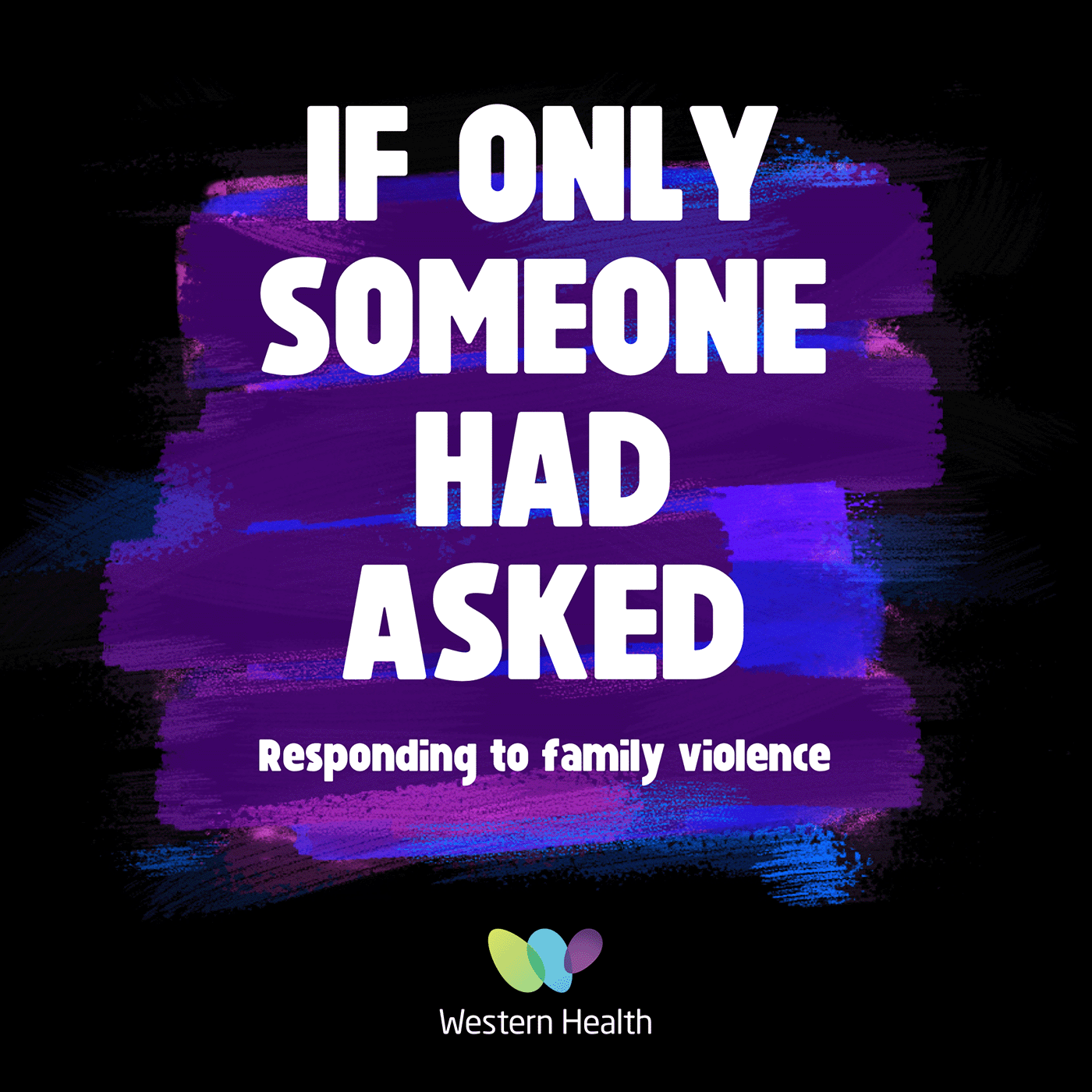Family violence response
Content warning: domestic abuse and family violenceAre you a health professional? Chances are you have treated or will care for a patient who is a family violence victim survivor.This podcast provides evidence-based advice from an expert working at one of Australia's largest health services on how best to identify, respond and refer victim survivors. In the first episode Assunta Morrone, an experienced community development worker covers: Why do perpetrators commit family violence? How do victim-survivors find themselves trapped in relationships with violent partners? What is coercive control and love bombing? And how can health professionals go beyond patching up victim survivors and sending them home when they seek treatment for injuries or medical conditions?We also hear Beth's (not her real name) harrowing story of family violence, including physical abuse and controlling behaviour, and her experience seeking help at hospital.This podcast includes descriptions of family violence and may be upsetting to some listeners. If you have experienced or are at risk of domestic and family violence and/or sexual assault, you can call the national counselling service 1800RESPECT (1800 737 732).For more information, visit http://familyviolence.wh.org.au

